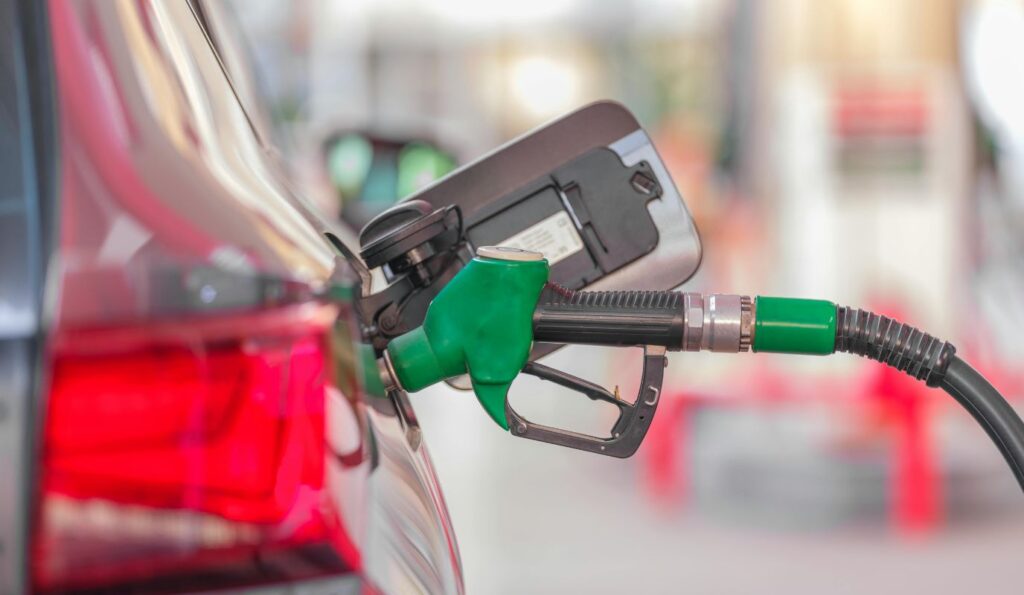Greece holds the third position for the most expensive gasoline in the EU, according to a new report by Fuels Europe. In January 2025, our country had an average gasoline price of €1.80 per liter, making fuel a luxury item for Greek drivers. Only the Netherlands and Denmark exceed Greece in fuel prices within the EU.
Gasoline: Massive price difference between Greece and Bulgaria
According to energygame.gr, it’s noteworthy that the cheapest gasoline in the entire EU is found in neighboring Bulgaria, with an average price of €1.28 per liter. What’s impressive is that the initial cost of gasoline in Greece compared to Bulgaria has minimal difference. The huge gap between the two countries lies in the taxes imposed on the final product. Specifically, taxes constitute 59% of the final gasoline price in Greece. While in January the initial product cost was around €0.74 per liter, indirect taxes added another €0.72 per liter. Additionally, VAT added another €0.35 per liter, dramatically increasing the final cost of gasoline in Greece.
Greece has the oldest vehicle fleet in the EU
Other points in the report reveal the age of Greek vehicles. According to the latest available data from 2022, Greece has on average the oldest fleet of passenger cars, trucks, buses and vans in the EU.
More specifically, the European age average for passenger cars amounts to 12.3 years, while in Greece it reaches 17.3 years. As Fuels Europe states: “In Eastern and Southern Europe, where citizens don’t have easy access to new vehicles and depend on the used car market, passenger cars remain in use for more years.” Similarly, the average age of trucks in our country amounts to 23 years, buses to 18.8 years and vans to 21.4 years. The European average for buses and vans amounts to just 12.5 years.
Biodiesel remains the most popular biofuel in the EU
The report also examines the evolution of biofuel production in recent years. Between 2019 and 2023, global biofuel production showed significant changes, as a result of recovery after the coronavirus pandemic and increasing demand for sustainable energy sources in the transport sector.
During this period, aviation biofuels recorded the largest increase within the EU, with a 92.3% rise in production. Bio-gasoline and other liquid biofuels increased by 0.34% and 26.5% respectively. Conversely, biodiesel production decreased slightly by 1.88%, reflecting changes in policy priorities. Nevertheless, biodiesel covers the largest share of European demand for biofuels, as it is more available compared to bio-gasoline and constitutes the only practical option for trucks and buses.
Oil demand decline in EU despite lifting of restrictions
Finally, the report notes that total oil demand in the EU reached 520.6 million tons in 2024. Despite the fact that all coronavirus restrictions have been lifted, oil demand decreased by almost 8% compared to 2019.
This reduction is mainly reflected in Germany and France, where demand fell by 19 and 8.1 million tons respectively. The largest percentage decreases were recorded by:
• Luxembourg: 20.9% decrease
• Finland: 19.7% decrease
• Germany and France: significant absolute decreases
Conversely, certain EU countries showed significant increases in demand, such as Bulgaria with a 22.6% rise and Malta with 9.4%.




